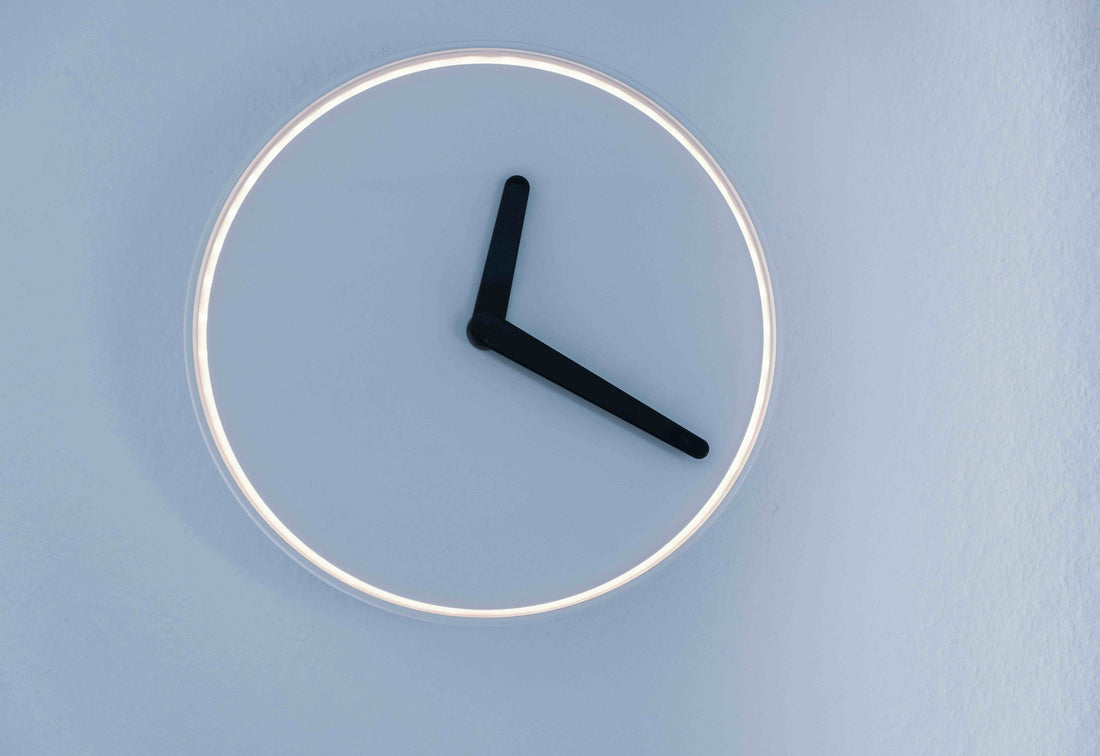
Sleep Cycle Timing vs. Sleep Duration: What Wins for Better Sleep?
Understanding Sleep Cycles: The 90-Minute Rhythm
Our sleep isn't a constant state. It cycles through stages roughly every 90 minutes, transitioning from light sleep (Stage 1) to deep sleep (Stage 3) and then to REM sleep, known for dreaming. Each stage plays a vital role: deep sleep repairs your body, while REM sleep helps consolidate memories and process emotions.
Waking Up "Refreshed": Aligning with Your Sleep Cycle
Many sleep trackers promote the idea of waking up at the end of a sleep cycle for optimal refreshment. The theory is that waking during lighter sleep stages (like Stage 1) minimises sleep inertia, that groggy feeling upon waking.
Science on Sleep Cycle Timing: Focus on Quality and Duration
While the idea of strategically timed wake-ups sounds appealing, research doesn't definitively support significant benefits over simply getting enough sleep. Experts generally emphasise the importance of total sleep duration and overall sleep quality as the main contributors to health and well-being. Here's where your sleep accessories can play a significant role.
The Case for Maximising Sleep Duration
The varying lengths of sleep stages throughout the night make it difficult to predict the exact timing to wake up perfectly aligned with a sleep cycle's end. Additionally, the body's need for deep and REM sleep can fluctuate, particularly after sleep deprivation or intense activity, making strict adherence to the 90-minute rule impractical.
Conclusion: Prioritise Quality Sleep for Overall Well-Being
While aligning wake-ups with sleep cycles might be helpful in specific situations, focusing on getting enough quality sleep through good sleep hygiene and a comfortable sleep environment is the key to feeling refreshed and energised. At Z Lab, we create best-in-class sleep accessories designed to help you achieve just that.

